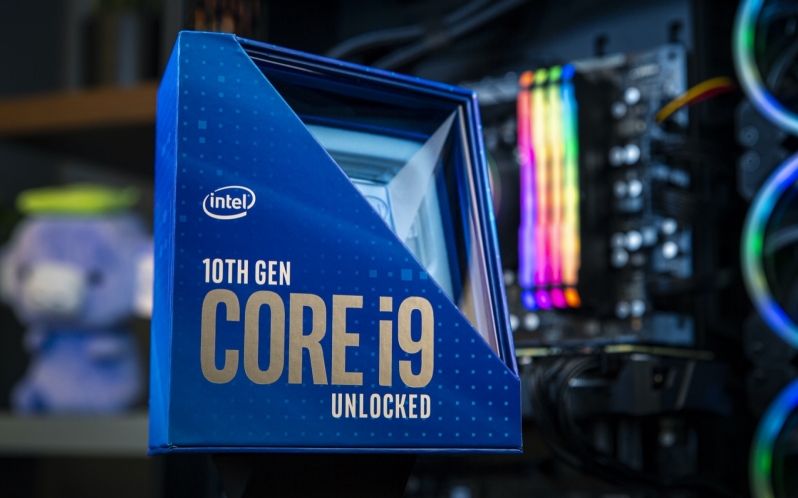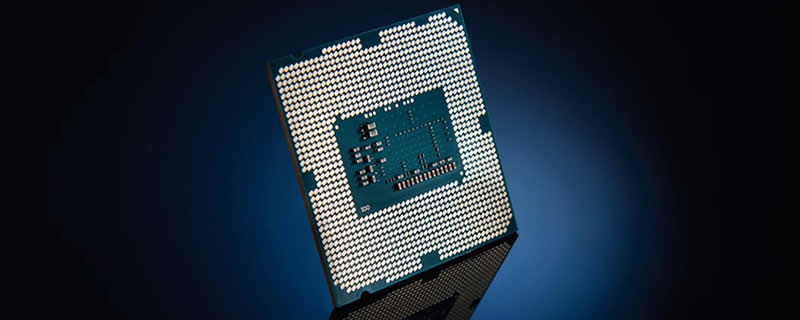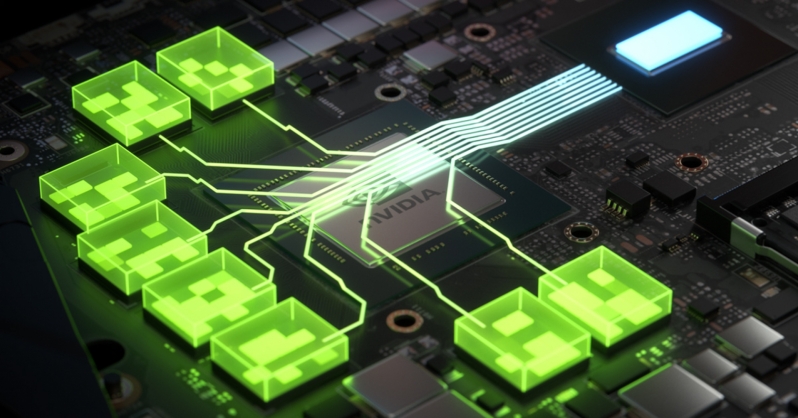Resizable BAR Tested with Intel – The Power of Boosted Memory Access
Resizable BAR on Intel CPUs – Performance Impact Tested
Resizable BAR support is now available on systems with Intel processors, arriving through new BIOS updates from motherboard vendors. With this, AMD’s “Smart Access Memory” has lost its AMD exclusivity, allowing the benefits of this technology to be enjoyed by a broader range of PC gamers.Â
Today, we will be looking at how Resizable BAR supports alters a gaming PC’s performance hen using Intel’s i9-10850K processors and AMD’s Radeon RX 6800 graphics card. This support comes via the latest BIOS for Gigabyte’s Z490 Aorus PRO AX motherboard.Â
Will Resiable BAR support deliver us higher framerates on an Intel-powered system? That’s what we are here to find out.Â
 Contents
– Enabling Resizable BAR
– Assassin’s Creed Valhalla Testing
– Cyberpunk 2077 Testing
– Forza Horizon 4 Testing
– Horizon: Zero Dawn Testing
– Resident Evil 3 Testing
– The Witcher 3: The Wild Hunt Testing
– Conclusion
 Â Â
 Â
Smart Access Memory – From AMD-only to almost everyone in 5 months
In October 2020, AMD announced Smart Access Memory as an AMD-only feature, arriving with Radeon 6000 series GPUs and Ryzen 5000 series processors. Now, it has become clear that Smart Access Memory will not be an AMD-only technology for long, as even now Intel has enabled the feature on their latest motherboard platforms, and Nvidia won’t be far behind.Â
Credit where credit is due, AMD were the first to enable PCIe’s optional resizable BAR feature with their Radeon RX 6000 series of GPUs. Doing so required major alterations to AMD’s Radeon GPU drivers, platform updates for 500-series and 400-series AM4 motherboards and redesigned BIOS’ on their Radeon RX 6000 series graphics cards. Only AMD could make that happen without the co-operation of 3rd parties.Â
AMD saw the benefits of PCIe Resizable BAR support and did that they needed to do to enable it on their Ryzen processors and Radeon graphics cards. In doing so, they created an ecosystem where their competitors could enable the feature on their platforms. Nvidia graphics cards cannot support PCIe Resizable BAR without compatible motherboards, and Intel platforms cannot utilise the feature without compatible graphics cards. Â
Intel platforms now have BIOS support for Resizable BAR on their Z490 platform, allowing users of Radeon RX 6000 series GPUs to access the benefits of AMD’s Smart Access Memory technology when using compatible Intel CPUs. Nvidia also plans to support PCIe Resizable BAR after they launch their RTX 3060 graphics card. Resizable BAR support is coming to all RTX 30 series graphics cards.Â
What is Smart Access Memory?Â
Before now, CPUs had access to 256MB of GPU memory, an allocation size which made a lot of sense in the early 2000s. Since then, GPU memory sizes have exploded, with AMD’s Radeon high-end RX 6000 series of graphics cards featuring a whopping 16GB of GDDR6 memory.Â
With AMD’s Smart Memory Access technology, AMD is granting their CPUs access to the entirety of the RX 6000 series’ frame buffer. Thanks to this access, AMD users can benefit from increased game performance within existing titles, and developers can exploit this access for further performance gains with future game releases.Â
This technology will allow CPUs and graphics cards to benefit from the bandwidth offered through PCIe 4.0, as increased GPU memory access will undoubtedly result in increased bandwidth utilisation. That said, it may take a while for PCIe bandwidth to become a limiting factor with some games.Â
Resizable BAR – Smart Access Memory for Everyone!
While AMD was the first to deliver Resizable BAR support on their Radeon RX 6000 series GPUs and Ryzen 5000 series processors, it hasn’t taken long for their competitors to catch up. This highlights how beneficial Smart Access Memory can be on PC, and how eager AMD’s rivals are to gain these same benefits on their hardware.Â




